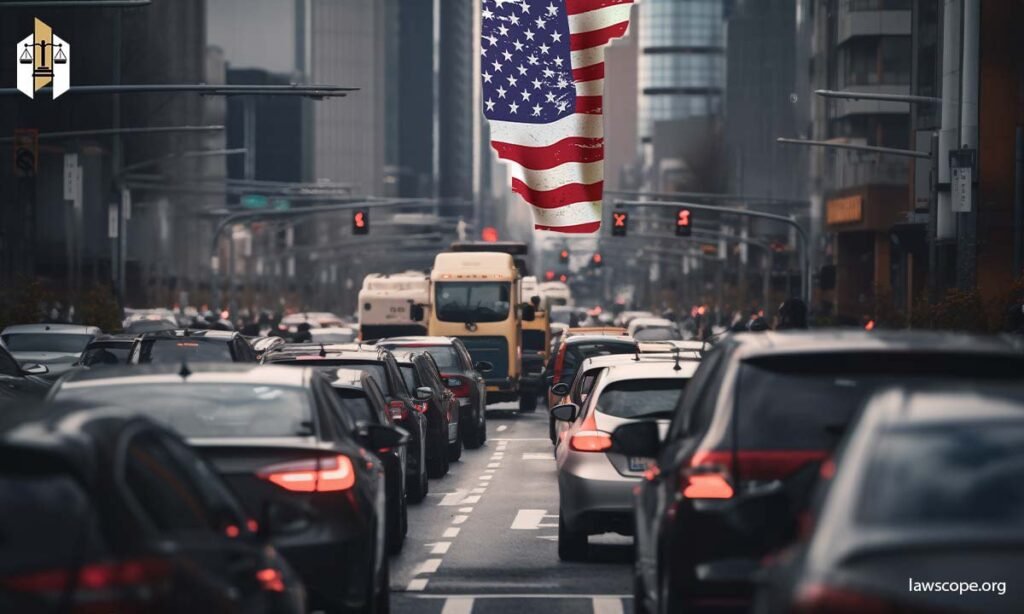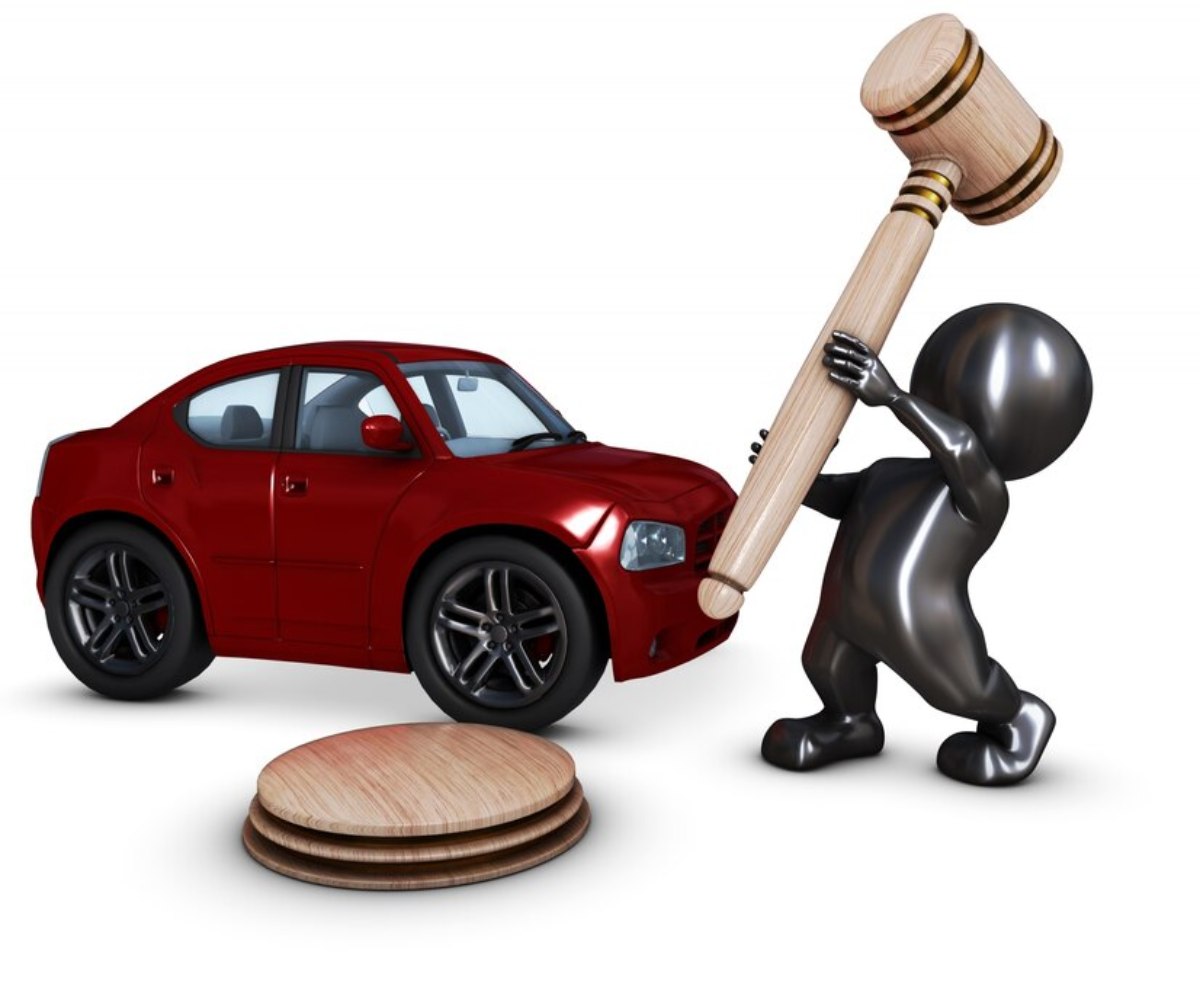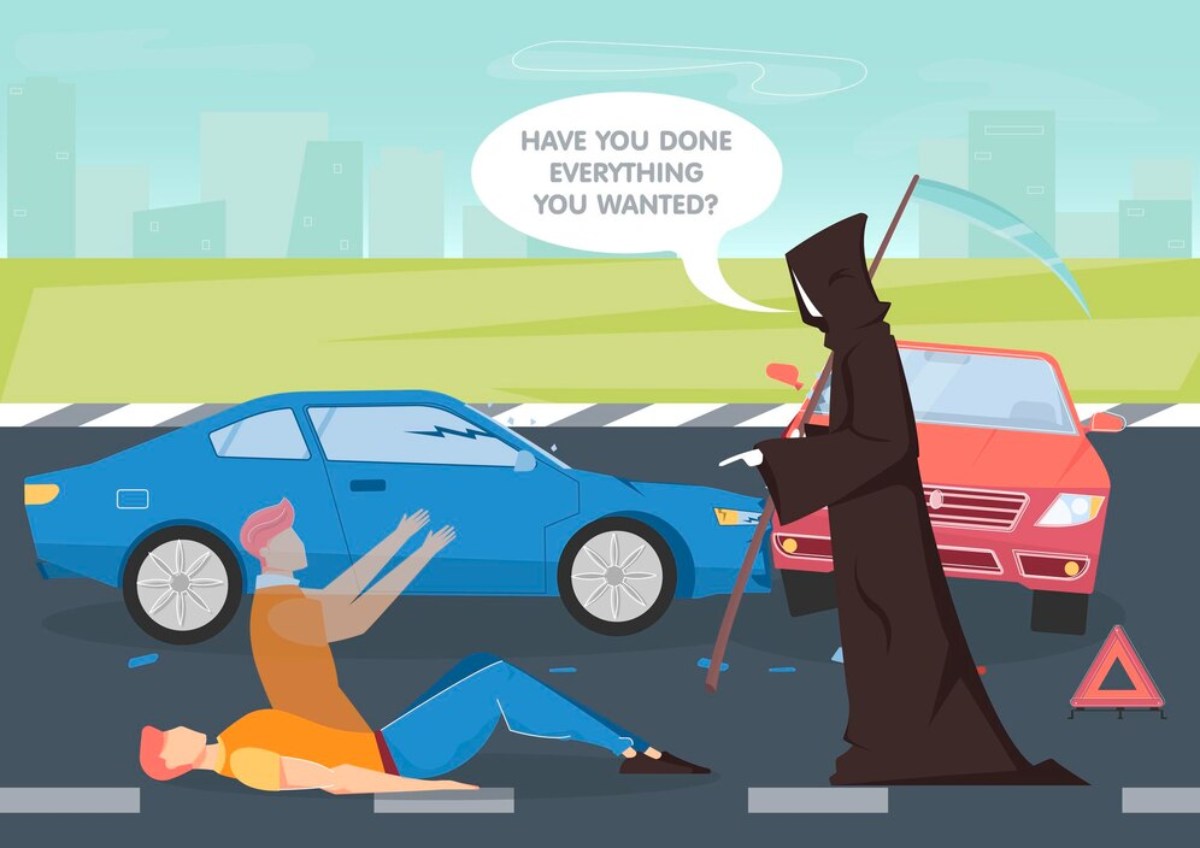
In the vast network of roads that crisscross the United States, maintaining order and safety is a paramount concern. To this end, there are many traffic fatality prevention laws in place in the USA, guiding everything from speed limits to right-of-way rules. However, among these regulations, there are some that stand out for their severity, the harsh traffic laws in the USA.
These laws, often carrying heavy penal[ties and strict enforcement, serve as a stern reminder of the responsibilities that come with the privilege of driving.
In this blog, we will look into the intricacies of these Harsh Traffic Laws in The USA, shedding light on their implications, their enforcement, and their impact on the driving culture in the country.
Stay tuned as we navigate the highways and byways of American traffic law and the most important car and traffic laws in the USA.
Understanding The Harsh Traffic Laws in The USA

To understand the harsh traffic laws in USA, it’s crucial to recognize that these laws are not designed to punish but to protect.
They serve as deterrents, discouraging behaviors that can lead to accidents, injuries, and fatalities on the road.
Among the most important car and traffic laws in USA are those related to DUI (Driving Under the Influence), reckless driving, and speeding.
For instance, in some states, a first-time DUI offense can result in severe penalties, including hefty fines, license suspension, mandatory alcohol education programs, and even jail time.
Similarly, reckless driving and excessive speeding can lead to significant fines, points on your license, increased insurance rates, and in some cases, jail time.
Charges Against The Harsh Traffic Laws in The USA

As we delve deeper into the harsh traffic laws in USA, it’s important to note that these laws can vary significantly from state to state.
Each state has the authority to enact its own traffic laws, leading to a wide range of penalties and enforcement practices across the country.
- For instance, in Virginia, reckless driving is considered a serious criminal offense, with potential penalties including a fine of up to $2,500, up to 12 months in jail, and a license suspension of up to six months.
- A first-time DWI offense in Texas can result in severe penalties, including a fine of up to $2,000, a jail sentence ranging from 3 days to 180 days, a license suspension for up to a year, and an annual fee of $1,000 or $2,000 for three years to retain the driver’s licence.
- On the other hand, in California, a first-time DUI offense can result in severe penalties, including hefty fines, license suspension, mandatory alcohol education programs, and even jail time.
In the next section, we will explore the penalties associated with violating these harsh traffic laws in USA.
Public Opinion On The Harsh Traffic Laws In The USA

Public opinion on the harsh traffic laws in USA is as diverse as the country itself.
Some people believe that these laws are necessary to maintain order and safety on the roads.
They argue that the severity of the penalties serves as a deterrent, discouraging dangerous driving behaviors and promoting safer roads.
On the other hand, some people believe that these laws are too harsh and can lead to unfair punishments.
They argue that factors such as lack of awareness about the laws, or the subjective nature of what constitutes reckless driving, can result in drivers facing severe penalties for minor infractions.
Regardless of these differing opinions, the impact of these harsh traffic laws in USA is undeniable.
They shape driving behaviors, influence public attitudes toward road safety, and play a crucial role in our collective effort to reduce traffic-related accidents and fatalities.
In the final section of our blog, we will wrap up our discussion on the harsh traffic laws in USA and reiterate the importance of adhering to these laws for the safety of all road users.
FAQ (Frequently Asked Questions)
I believe after going through this article you get a deep understanding of the topic.
Now here are some commonly asked questions that you might also have in your head.
So, let’s explore them.
Q1. Why Are There Different Traffic Laws in The USA?
In the United States, each state or territory has its own traffic code or rules of the road. This is because the U.S. Constitution grants states the power to regulate within their boundaries.
While most of the rules are similar for uniformity, there are differences based on local needs and conditions.
Q2. What is The Unusual Driving Law in The US?
There are several unusual driving laws in the U.S. For instance, in Little Rock, Arkansas, it’s illegal to honk your horn near sandwich shops after 9:00 PM. In Maryland, it’s illegal to swear while driving.
Q3. What State Has The Toughest Driving Laws?
Alaska and Oregon are considered to have the strictest driving laws based on penalties for speeding, seatbelt, and drunk driving infringements.
However, when it comes to enforcement, Ohio has the most heavily enforced traffic laws.
Q3. Which Nation Has The Strongest Laws Regarding Traffic?
Traffic laws vary greatly worldwide. According to a report by the Centers for Disease Control and Prevention, crash death rates are approximately three times higher in low-income countries compared to well-developed high-income countries.
However, the report does not specify which country has the strongest traffic laws.
Q4. What is The Speed Tolerance in The USA?
Speed tolerance, or the amount over the speed limit that law enforcement might allow before issuing a ticket, varies by state and is often not publicly stated.
It can depend on factors such as the officer’s discretion, road conditions, and the flow of traffic.
Related Content: Florida Car Seat Laws: Everything You Must Know
Conclusion
In conclusion, the harsh traffic laws in the USA serve as a stern reminder of the responsibility that comes with the privilege of driving.
They underscore the nation’s commitment to ensuring the safety of all road users by imposing severe penalties for dangerous driving behaviors.
Understanding these laws is not just about avoiding penalties; it’s about fostering a culture of safe and responsible driving.
As we navigate the traffic fatality prevention laws in place in the USA, let’s remember that every decision we make behind the wheel can have far-reaching consequences.
Stay informed, drive responsibly, and remember, the life you save may be your own.
You May Like Also:


